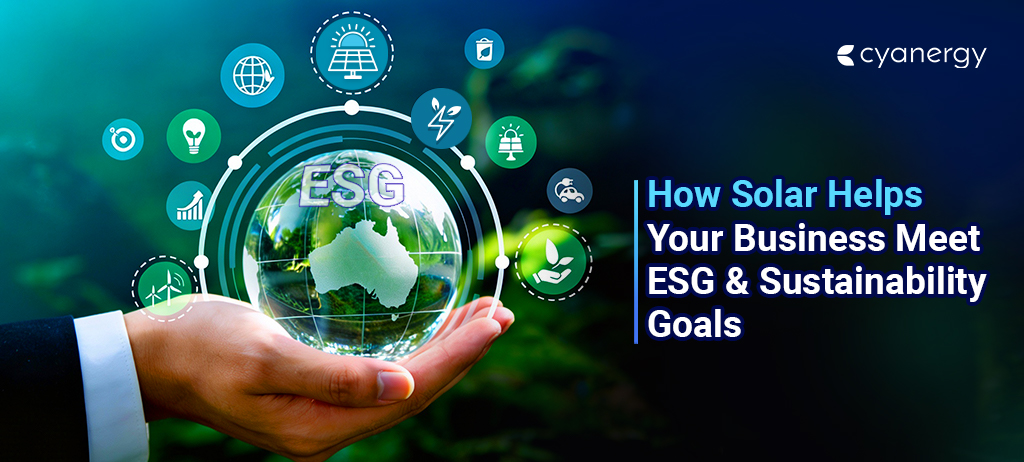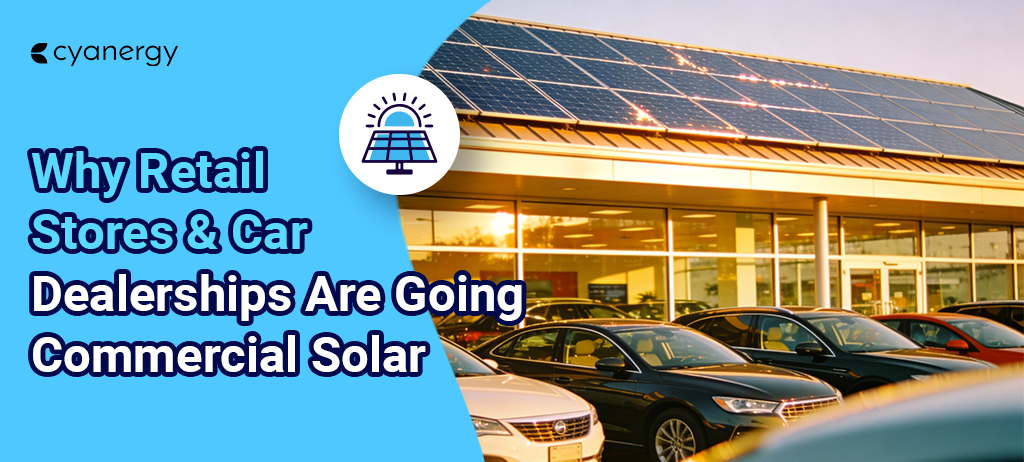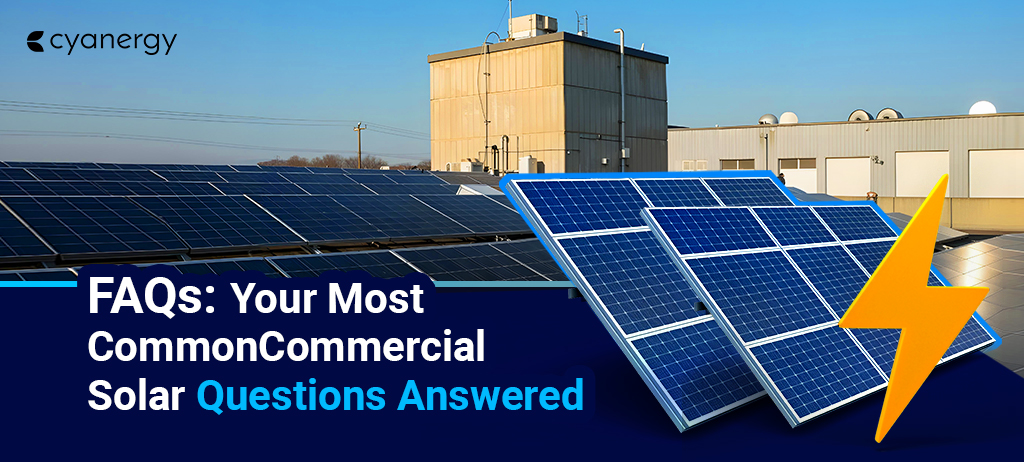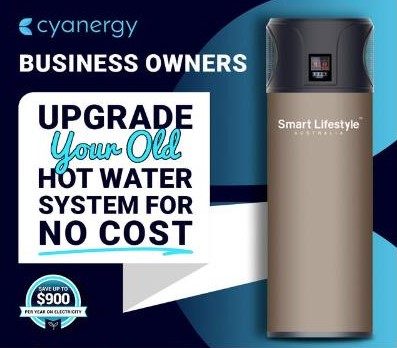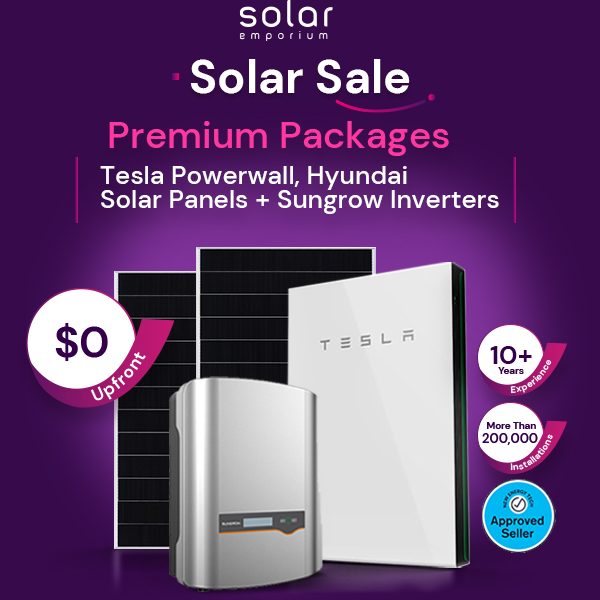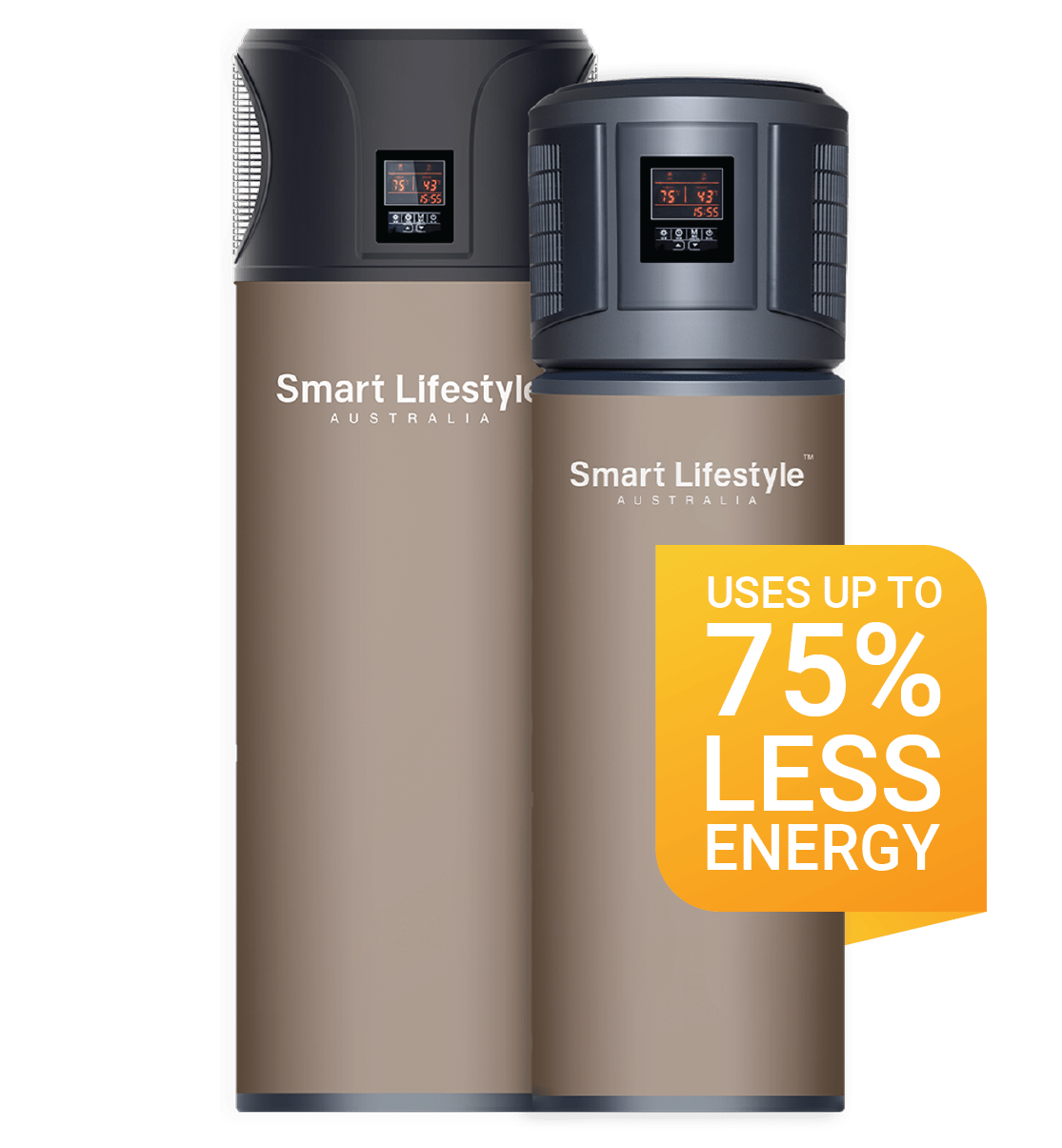In recent years, people around the world have become more aware of renewable energy, especially solar power. In Australia, the demand for sustainable energy has been growing to help fight climate change and global warming.
Additionally, commercial solar batteries have developed quickly, making them an important and sometimes necessary addition to solar power systems.
To understand it better, here are the top 8 benefits of solar batteries for businesses in Australia.
What is a Solar Battery?
A solar battery is an extra component of your commercial solar panel system that stores the energy produced by your panels so you can use it later. Solar panels capture sunlight and turn it into electricity, which is then used in your home through a solar inverter.
If your solar power system is connected to the power grid, any extra energy goes to the grid in a process called “net-metering.” It gives you credit on your next electricity bill, lowering your payment if you need power from the grid.
However, if you have an off-grid solar system, it is highly recommended to store excess energy in a solar battery. This way, the extra energy you generated earlier is available as backup power when your solar panels aren’t producing enough energy.
Cost of Solar Batteries Used for Commercial Purposes
1. Solar Panels:
Small to Medium Commercial Systems (10-100 kW):
Cost: AUD 10,000: AUD 100,000
Large Commercial Systems (100-500 kW):
Cost: AUD 100,000: AUD 500,000
Very Large Commercial Systems (500 kW and above):
Cost: AUD 500,000 and up

2. Solar Batteries:
Small Battery Systems (10-30 kWh):
Cost: AUD 10,000: AUD 30,000
Medium Battery Systems (30-100 kWh):
Cost: AUD 30,000: AUD 100,000
Large Battery Systems (100-500 kWh):
Cost: AUD 100,000: AUD 500,000
Very Large Battery Systems (500 kWh and above):
Cost: AUD 500,000 and up
3. Installation Costs:
Installation costs can vary based on location, system size, and complexity:
Cost: AUD 10,000: AUD 50,000 for smaller systems
Cost: AUD 50,000: AUD 200,000 for larger systems
4. Additional Costs:
Inverters, wiring, mounting systems, and other components:
Cost: AUD 10,000: AUD 50,000 depending on system size and requirements
Total Estimated Costs:
Small Commercial System (10-30 kW with batteries):
Total Cost: AUD 30,000: AUD 110,000
Medium Commercial System (30-100 kW with batteries):
Total Cost: AUD 110,000: AUD 350,000
Large Commercial System (100-500 kW with batteries):
Total Cost: AUD 350,000: AUD 1,250,000
Very Large Commercial System (500 kW and above with batteries):
Total Cost: AUD 1,250,000 and up
Considerations:
- Government Incentives: Australia offers various incentives, rebates, and grants for renewable energy projects that can significantly reduce costs.
- Quality of Components: Higher quality panels and batteries may cost more upfront but offer better efficiency and longevity.
- Site-Specific Factors: Installation complexity, local regulations, and specific site conditions can affect overall costs.
For a more accurate estimate tailored to your specific needs, contact Cyanergy and get a free solar quote. Our renewable energy expert can suggest a better solution for you.
Solar System Size for Commercial Purpose
The best rooftop solar system size for your business depends on how much electricity you use when you use it, your budget, and the amount of sunny roof space available for the solar panels. In some areas, regulations may also limit the system size.
Using a solar and battery calculator, you can get a recommended system size for your business. For small businesses, Cyanergy recommends a system size that will pay for itself in about 5 years.
The actual payback period depends on many factors, including weather, maintenance costs, and future electricity prices.
For businesses with high electricity use, Cyanergy recommends the largest system size that allows at least 80% of the generated power to be used within your business.
This is because some businesses, especially those with high electricity use, may need help to get an electricity pricing plan that offers credit for electricity sold back to the grid via a feed-in tariff.
So, it might make sense to install a system size that allows you to use most of the solar power on-site.
What to Look for in a Commercial Solar Battery
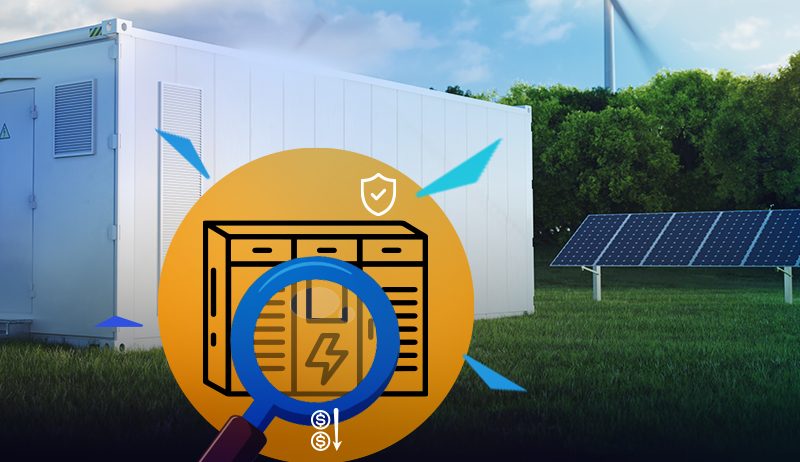
Power Rating
The power rating tells you how much power a battery can provide at once, measured in kilowatts (kW). This rating indicates how many and what types of appliances the battery can power.
For example, a small LED light uses less than 10 Watts, while a large air conditioner uses about 4.8 kW. Most solar batteries can continuously provide around 5 kW of power.
There are two types of power ratings: continuous (steady power) and instantaneous (short bursts of power), which are important for appliances that need a lot of power to start up.
Battery Size
Battery size refers to its storage capacity, or how much electricity it can hold, measured in kilowatt-hours (kWh). This shows how long the battery can power your home.
For instance, a 10 kWh battery can power a 10-watt light for over 40 days but can only run a 4.8 kW air conditioner for two hours.
Larger-capacity batteries are usually bigger, but lithium-ion nickel manganese (NMC) batteries offer high storage in a smaller space if you have limited room.
Battery Lifetime
A battery’s lifetime is measured by its lifespan, total throughput (total electricity it can handle), and cycles (how many times it can be recharged).
Throughput and cycles are like a car’s mileage warranty. For example, a 10 kWh battery with a 20,000 kWh throughput can be recharged about 2,000 times, equating to roughly one cycle per day for five and a half years.
Battery Safety
Top 8 Benefits of Solar Batteries for Businesses in Australia
Backup Power in Case of Outages: Ensuring Business Continuity
Commercial solar batteries provide a reliable backup power source during grid outages, which is essential for businesses that need continuous operations like data centers, hospitals, and factories.
By storing extra solar energy, your business can switch to battery power during an outage, preventing disruptions and financial losses from downtime. This capability increases your business’s reliability and gives stakeholders confidence in your operations.
Asset for Your Business: Long-Term Value
In addition to immediate benefits, commercial solar batteries are valuable assets for businesses. As technology improves and sustainability becomes more important, having a solar battery system increases your business’s value and appeal.
Additionally, as energy storage technology advances, businesses can upgrade or expand their existing solar batteries, keeping their investment up-to-date and adaptable to future energy needs.
Reduce Your Electricity Bills
Protect Your Business from Electricity Price Rises
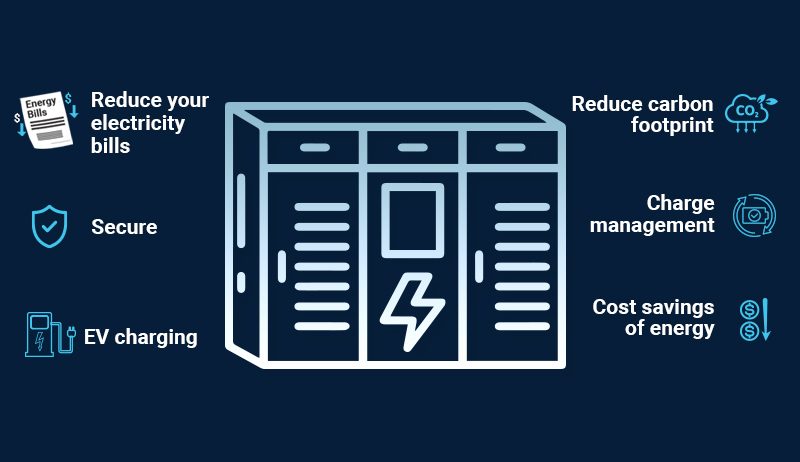
Reduce the Cost of Charging Electric Vehicles
Help Reduce the Cost of Getting Off Gas and Eliminate Gas Bills
Unlock Tax Incentives for Your Business
Significantly Reduce Your Business’s Greenhouse Gas Emissions
Some Extra Benefits You Can Enjoy
No Noise Pollution
Environment-Friendly Corporate Image
High Energy Efficiency
The efficiency of commercial solar batteries is based on how much energy they store and convert into usable electricity. High energy efficiency means the business gets more out of the energy, leading to better productivity and outcomes over time.
Contact Cyanergy for any renewable energy needs and get a free solar quote today!
